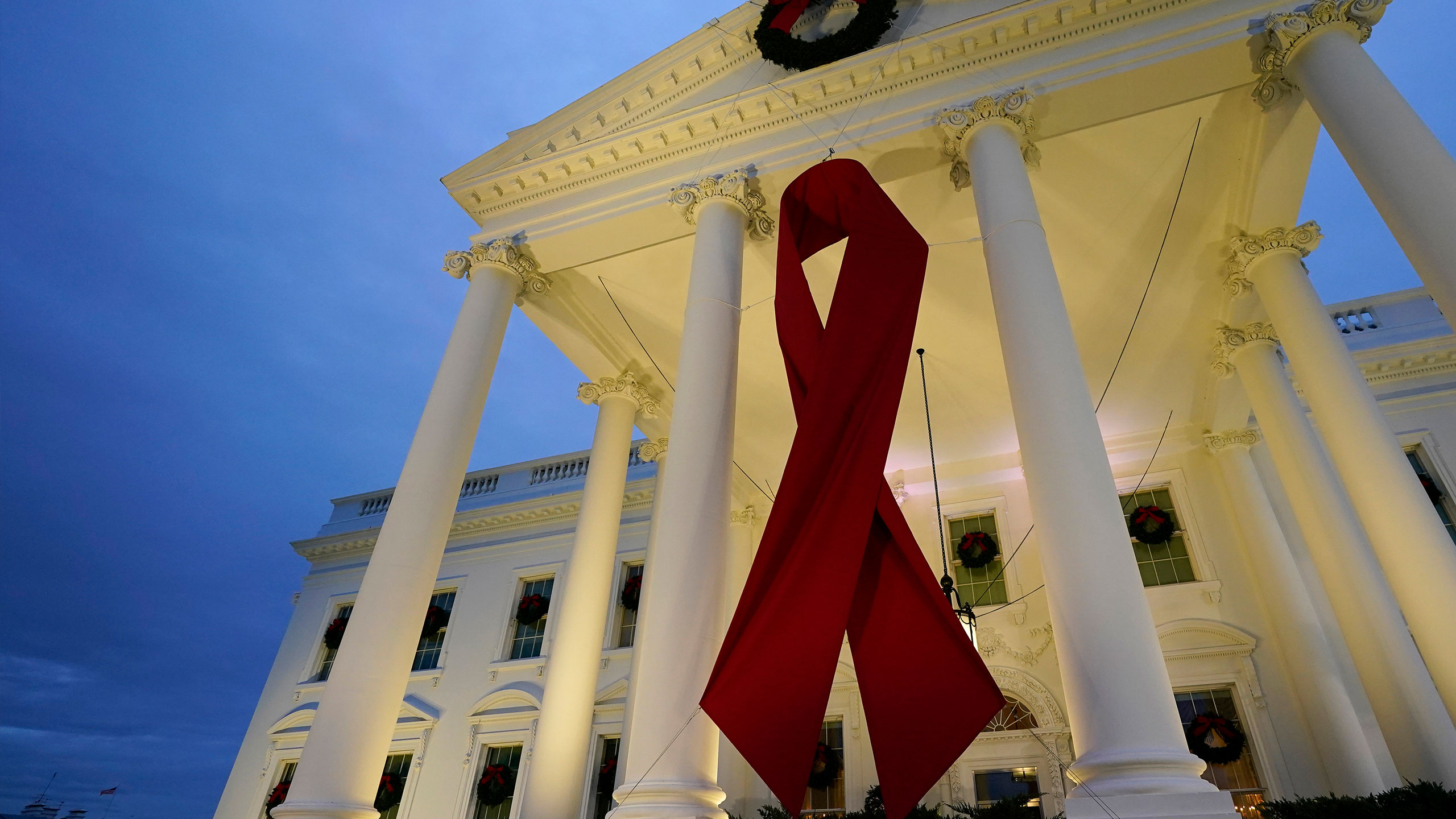New Jersey became the latest state to repeal its laws criminalizing the transmission of HIV. These laws, which date back to the early days of the AIDS epidemic, disproportionately target members of the LGBTQ2S+ community, particularly Black and Latinx men and trans women.
The New Jersey Legislature passed S-3707 on Jan. 10, which modernizes a 1997 law criminalizing acts of sexual penetration while someone knowingly has a sexually transmitted infection (STI), such as HIV. According to the state’s Senate Budget and Appropriations Committee, the bill’s main purpose is to “eliminate a crime that is solely applicable to individuals living with HIV or sexually transmitted infections, and to reduce the stigma suffered by these individuals.”
The updated statutes will still prosecute those who endanger others through a non-airborne infectious or communicable disease, without targeting HIV-positive people. An estimated 1.2 million adults in the United States are currently living with HIV, as the Centers for Disease Control and Prevention (CDC) reports.
State Senator M. Teresa Ruiz (D-29th District), one of the bill’s sponsors, said the legislation is “a step in the right direction of inclusivity,” and will help remove the stigma surrounding people living with HIV.
“Over the years, there has been criminalization targeting HIV-positive individuals, rather than those who are intentionally harming others,” Ruiz told the local news outlet Insider NJ. “The criminal code is meant to punish actions that harm others, not discriminate against people living with a chronic health condition.”
Like New Jersey, many states enacted HIV-specific criminal laws to discourage transmission when little was known about HIV, according to the CDC. The laws were implemented at a time when it wasn’t clear how HIV was transmitted or how to treat it, which led to criminalizing behaviour that carried no risk of transmission, including biting and spitting.
Despite several decades of research and significant medical advancements to treat and prevent HIV transmission, the CDC notes that statewide laws across the country remain “outdated and do not reflect our current understanding of HIV.”
Currently, there are 34 states that still criminalize HIV exposure, which vary widely from state to state, as are the penalties if convicted. Violating an HIV-specific statue in some states carries a maximum sentence of life in prison, while others mandate a maximum sentence of 10 years. Five states may require sex offender registration if convicted of HIV transmission, according to the LGBTQ2S+ research non-profit Movement Advancement Project (MAP).
These laws have disproportionately impacted LGBTQ2S+ people of colour, who already face a greater risk of being arrested and incarcerated. Gay and bisexual men accounted for 69 percent of new HIV diagnosis in 2019, and Black and Latinx men who have sex with men (MSMs) had a higher percentage of diagnosis compared to other racial groups.
For trans women, the number of those living with HIV is even higher. In 2014, the World Health Organization (WHO) estimated that trans women are 49 times more likely than the general population to become HIV positive in their lifetimes.
New Jersey is now part of a growing list of states to update or repeal HIV criminal laws, including California, Colorado, Nevada and Virginia. The Garden State introduced its bill last April and the state’s attorney general, Andrew Bruck, issued guidance to local prosecutors in October to prevent the “inappropriate enforcement” of its HIV laws, effectively decriminalizing transmission of the virus.
State Sen. Joseph Vitale (D-19th District), who also co-sponsored the bill, said advocates made it a priority to improve and update the antiquated statutes.
“The current law serves only to criminalize some of our most vulnerable populations, primarily those with HIV, dismissing what we know about the treatment of HIV and how it is and can be transmitted,” he told Insider NJ.


 Why you can trust Xtra
Why you can trust Xtra


